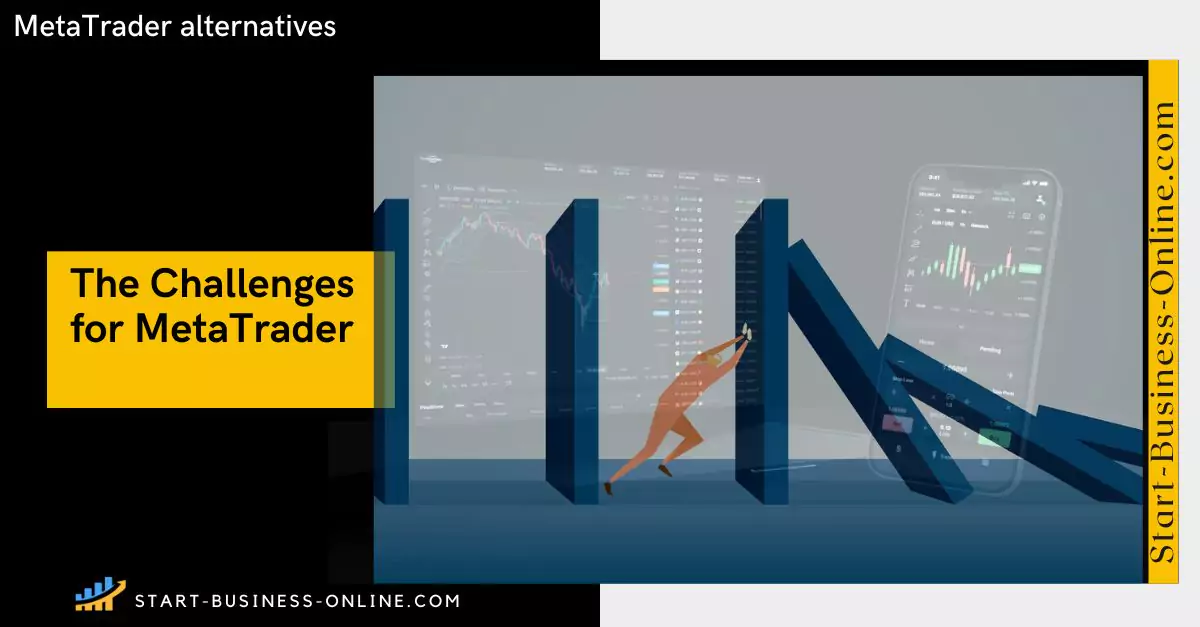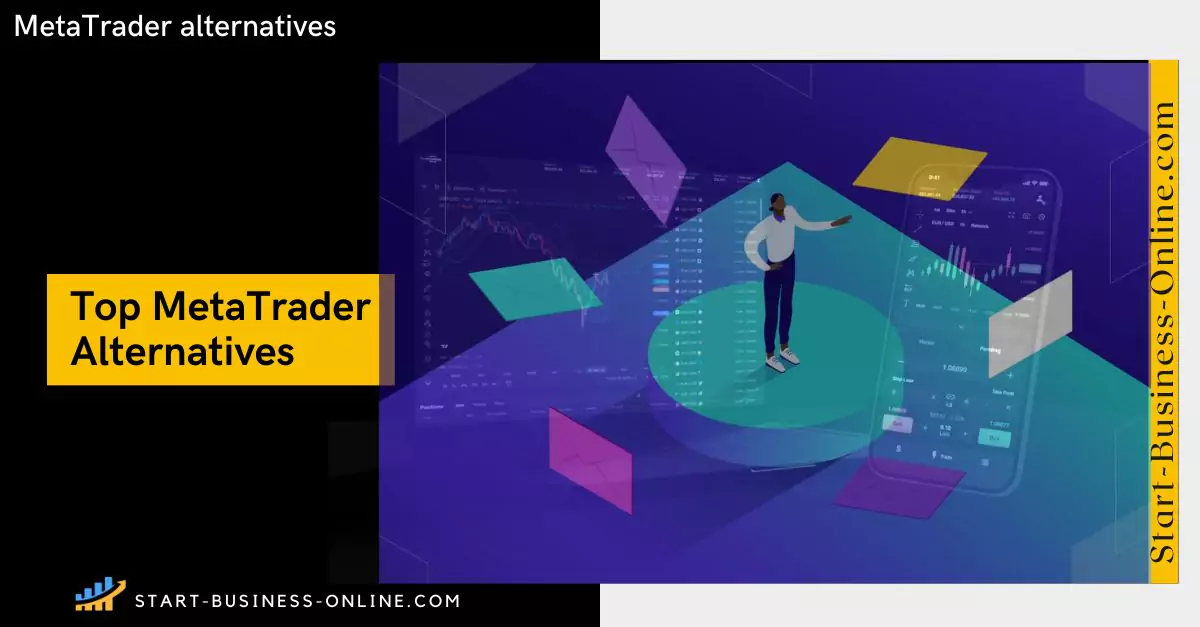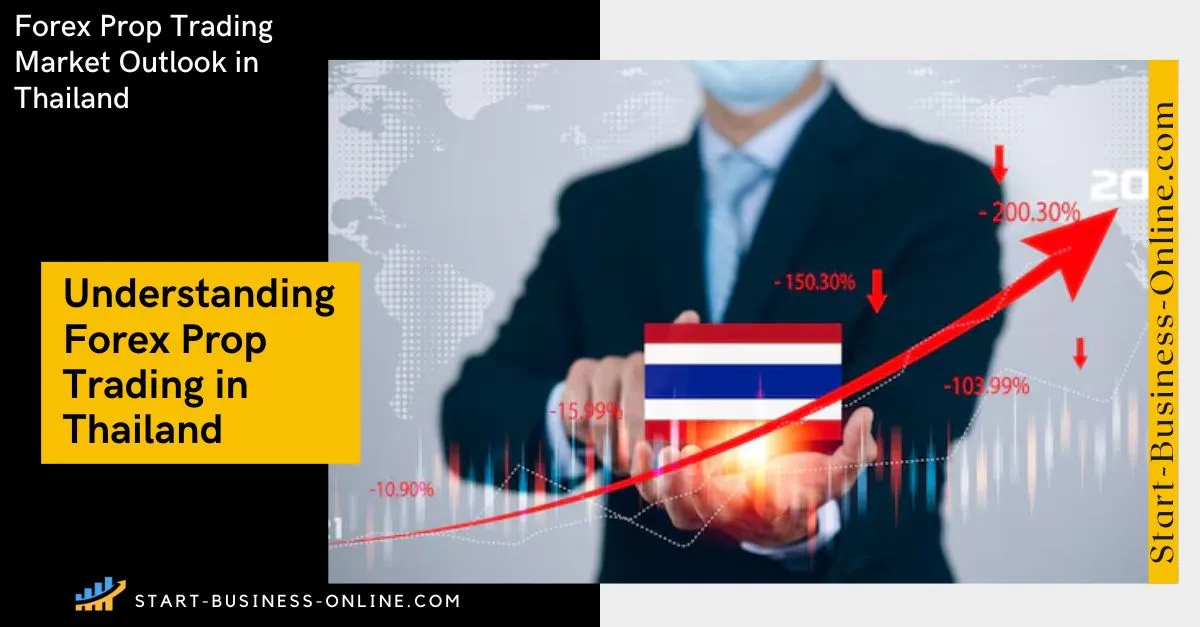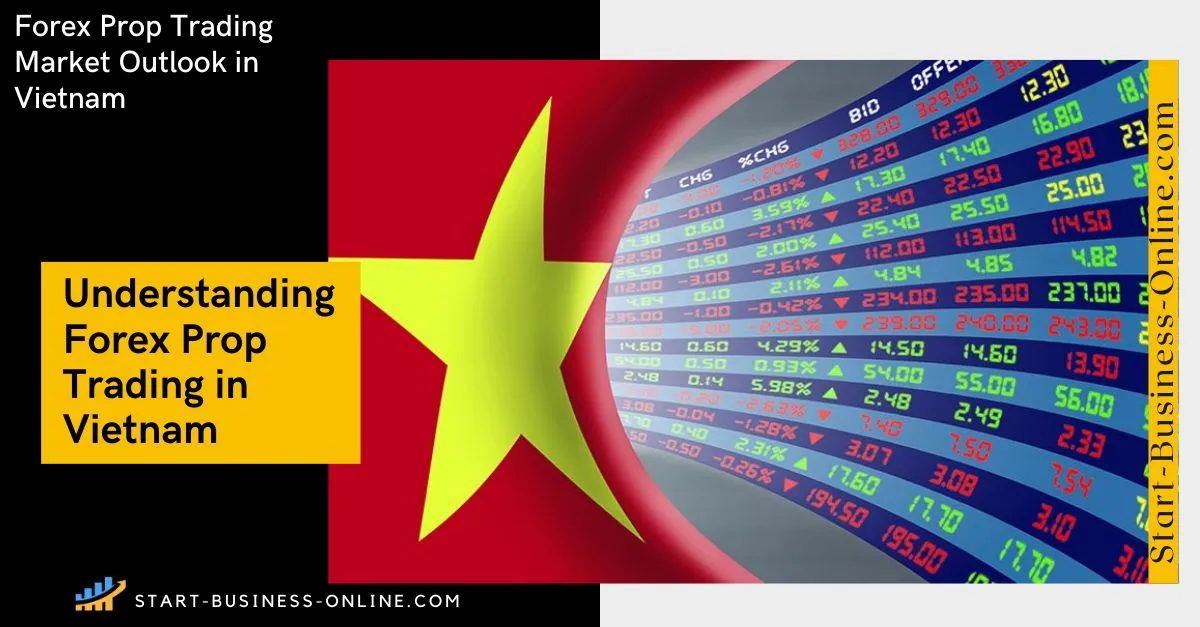The trading world is experiencing a tectonic shift. MetaTrader 4 (MT4) and MetaTrader 5 (MT5), once the undisputed titans of trading platforms, are facing an uncertain future. Recent events like license revocations and stricter regulations imposed by MetaQuotes, the platform's developer, have shaken the confidence of both traders and brokers. This has created a sense of urgency, prompting them to explore reliable alternatives that offer robust features, stable performance, and the freedom to operate within the bounds of ever-evolving regulations.
A Long Reign and a Sudden Storm: The Rise and Fall of MetaTrader
MetaQuotes' story is one of remarkable success. Founded in Russia in 2000, they released MT4 in 2005. The platform quickly gained a loyal following due to several key factors:
- Stability and Functionality: MT4 offered a stable and user-friendly platform, crucial for traders navigating the fast-paced world of online markets.
- The Power of Customization: One of MT4's most distinctive features was its ability to code custom trading applications, known as Expert Advisors (EAs), using its proprietary MQL4 (MetaQuotes Language for MT4). This empowered traders to automate their strategies and exploit algorithmic trading opportunities. While some EAs focused on scalping or arbitrage strategies, often discouraged by brokers, the overall impact was undeniable - MT4 became synonymous with flexibility and control.
- A Thriving Ecosystem: The ease of use and customizability of MT4 fostered a thriving ecosystem. Third-party developers created a vast library of EAs, indicators, and other tools, further enhancing the platform's appeal. Brokers, recognizing the dominance of MT4, readily adopted it, making it the go-to platform for millions of retail traders worldwide.
By the end of 2022, MetaQuotes held a staggering 83.8% market share, with most retail brokers offering either MT4 or MT5, or both. However, this dominance wasn't destined to last.
Regulatory Scrutiny and Shifting Sands: The Challenges for MetaTrader

Recently, MetaQuotes has faced increasing regulatory scrutiny, particularly concerning the licensing of its platforms. This has resulted in several challenges:
- Proprietary Trading Firms and Licensing Woes: Following the shutdown of True Forex Funds in early 2024, MetaQuotes clamped down on supporting proprietary trading firms operating without proper licenses. These firms often provided MT4 and MT5 services to U.S. clients through partnerships with white-label broker companies. As a result, firms without official regulation, operating under gray-label licensing, were forced to stop offering MT4 and MT5 services to U.S. traders. This left many U.S. forex traders scrambling for alternative platforms.
- The Exodus of U.S. Clients: The stricter regulations have disproportionately impacted U.S. clients. Several proprietary trading firms have permanently ceased services for them altogether. Others have only terminated MT4 and MT5 services, migrating client accounts to alternative platforms like cTrader and Match Trader. This fragmentation has caused confusion and inconvenience for U.S. traders.
These developments highlight the vulnerability of relying on a single platform provider, especially when external forces like regulations can significantly impact accessibility.
A New Dawn: The Rise of MetaTrader Alternatives
The recent upheaval has created fertile ground for emerging alternative trading platforms. These platforms are not merely replacements for MetaTrader; they represent a new generation of trading technology, offering unique functionalities and catering to diverse trading styles. Here are a few examples:
- TradeLocker: Designed with user-friendliness in mind, TradeLocker is ideal for beginners and intermediate traders. Its intuitive interface removes unnecessary clutter, allowing users to focus on core trading functions. TradeLocker also boasts a robust educational library, empowering new traders to develop their skills and confidence.
- cTrader: For traders who thrive on automation, cTrader offers a dream environment. Its advanced charting tools and intuitive coding interface empower users to develop and deploy complex algorithmic trading strategies. cTrader's built-in backtesting functionality allows users to rigorously test their strategies before risking real capital.
This is not an exhaustive list, but it highlights the diversity and innovation present in the new wave of trading platforms. With a focus on specific needs, these platforms offer traders a wider range of options to craft their perfect trading experience. For a more detailed presentation of alternatives to MT platforms, consult our table below:

The Best Trading Platforms in 2026
Rating breakdown
Things we liked:
Supports multi-asset trading (forex, commodities, indices, crypto)Fast order execution with institutional-grade performance
Comprehensive backtesting and algorithmic trading support
Customizable charting with advanced indicators
Multi-platform access (desktop, web, mobile)
Things we didn't like:
Steeper learning curve for beginnersUser interface may feel outdated
Requires third-party plugins for advanced CRM or copy trading
Rating breakdown
Things we liked:
Intuitive InterfacePersonalized Experience
Robust Support
Things we didn't like:
New PlatformDoesn't allow the use of EAsvsmall range of technical indicators
Rating breakdown
Things we liked:
Advanced ChartingAutomated Trading
Things we didn't like:
Broker AvailabilityLearning Curve
Market Coverage
Rating breakdown
Things we liked:
test prosThings we didn't like:
test consRating breakdown
Things we liked:
Customizability and FlexibilityMulti-Asset Trading
Things we didn't like:
Low Market RecognitionLimited Historical Data
Steep learning curve
Rating breakdown
Things we liked:
Advanced Charting & AnalysisAutomated Trading & Backtesting
Affordable Pricing Options
Things we didn't like:
Steep Learning CurveLimited Stock Trading Focus
Desktop Based Platform
Choosing Your Weapon: A Guide to Platform Selection
Selecting the right platform is akin to choosing the right weapon for battle. It should complement your trading style, experience level, and preferred markets. Here's a breakdown to help you decide:
- Consider Your Trading Style: Are you a day trader who relies on technical analysis and quick execution? Or are you a long-term investor focused on fundamental analysis and position trading? Different platforms cater to different styles.
- Evaluate Your Experience Level: Are you a seasoned veteran or a budding newcomer? Some platforms offer advanced features that might overwhelm beginners, while others prioritize a user-friendly experience for those starting out.
- Identify Your Preferred Markets: Do you primarily trade forex? Or are you interested in a wider range of assets like stocks, options, and commodities? Ensure the platform offers the instruments you need to execute your trading strategies.
By carefully considering these factors, you can narrow down your options and select a platform that empowers you to achieve your trading goals.
Beyond the Transition: Embracing a New Frontier
Moving from the familiar territory of MT4 to a new platform can be daunting. But with the right approach, the transition can be smooth and even rewarding. Here are some tips to navigate this change effectively:
- Demo First, Conquer Later: Most platforms offer demo accounts, a simulated trading environment where you can explore features and get comfortable with the interface without risking real capital. Utilize demo accounts extensively to understand the platform's nuances before going live.
- Start Small, Scale Smart: Once you're confident using the new platform, begin with smaller trades. This allows you to test the platform's execution speed, order handling, and slippage in a real-world setting while minimizing risk. Gradually increase your trade size as you gain experience and confidence.
- Craft Your Workspace for Optimal Efficiency: Most platforms offer a high degree of customization. Use this to your advantage. Set up alerts to notify you of key market movements, choose chart types that best suit your analysis style, and organize information displays to streamline your decision-making process.
Remember, a well-organized workspace fosters focus and clarity, which is crucial for making sound trading decisions.
Learning Never Stops: Resources for Success
To fully embrace your new platform and unlock its full potential, leverage the available resources:
- Platform Tutorials: Most platforms offer comprehensive tutorials and guides that delve into their functionalities. Utilize these resources to gain a thorough understanding of the platform's features and capabilities.
- Community Power: Don't underestimate the power of the trading community. Many platforms have dedicated user forums, webinars, and discussion groups. Actively engage with these communities to learn from experienced traders, share strategies, and find solutions to common challenges.
- Stay Updated, Stay Ahead: The trading world is constantly evolving, and so are the platforms that facilitate it. Subscribe to platform newsletters or blogs to stay informed about updates, new features, and ongoing developments.
By continuously learning and staying updated, you ensure that you're using the platform to its fullest potential.
The Future of Trading Technology: A World of Opportunity
The trading technology landscape is undergoing a rapid transformation. Platforms are becoming more sophisticated, offering advanced charting tools, powerful analytics engines, and user-centric experiences. Staying informed about these advancements allows you to leverage them for better trading decisions.
The platforms discussed represent the leading edge of this evolution. By embracing change and continuous learning, you can unlock new possibilities and potentially achieve greater success in the ever-changing world of finance.
Embrace the Change, Seize the Opportunity
While the shift away from MT4 might seem disruptive, it's an opportunity for growth. Explore these new platforms, discover tools that fit your style, and unlock new avenues for profit. Remember, adaptability and a thirst for knowledge are key to success in any market. The future of trading technology is bright, and those who embrace change are poised to thrive.
FAQs on MetaTrader and alternative Platforms
Prop trading firms are moving away from MetaTrader due to tightened restrictions imposed by MetaQuotes. These restrictions have affected firms' access to MetaTrader platforms, prompting a reassessment of their trading technology infrastructure and partnerships.
Both MetaTrader 4 (MT4) and MetaTrader 5 (MT5) trading platforms developed by the Russian company MetaQuotes Software that also has registration offshore in Limassol, Cyprus.












